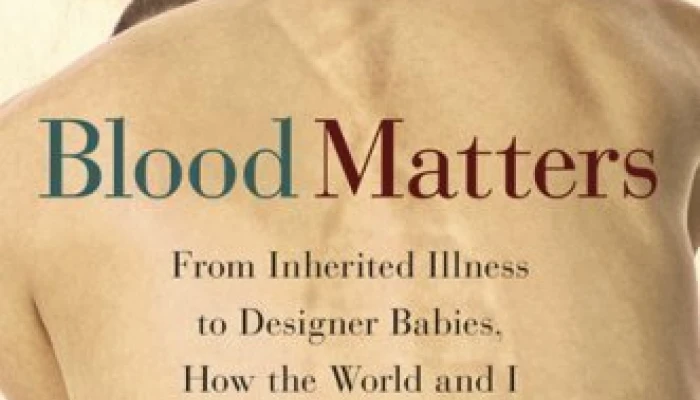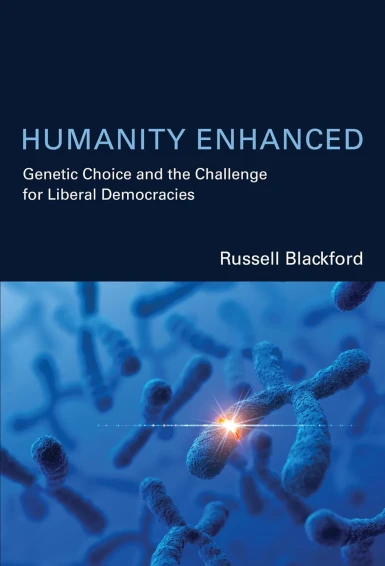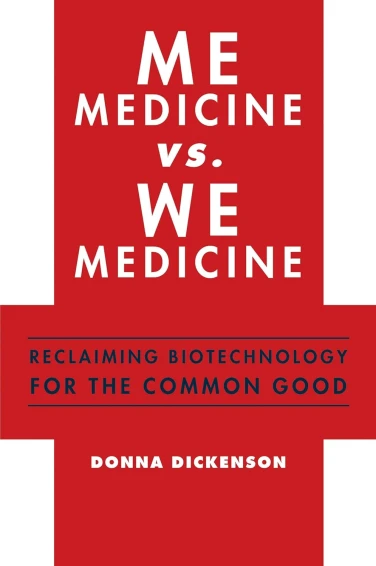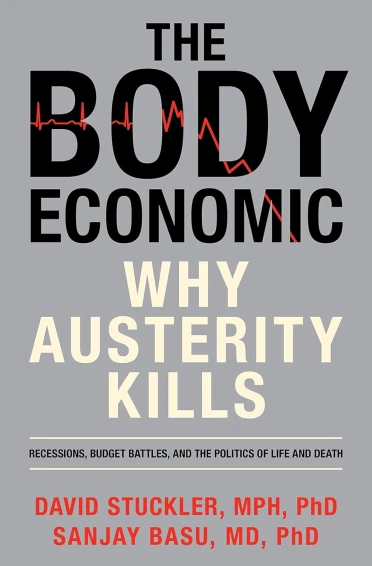
By Masha Gessen
RRP: £13.99
Genetic testing offers us an insight that we have never had before. It allows us to look back and forward at the same time. A chance to see some of the family risks that we share with our ancestors, and also, what the future may hold for us. Blood Matters is a thoughtful and provoking look at how this knowledge changes lives and the decisions that it brings. Genetic testing has still had relatively little uptake – “more than eight years after testing [for Huntington’s Disease] became available, only fourteen hundred people worldwide had been completed the process”. This makes Blood Matters a rare insight into the implications of genetic testing at the level of the individual.
Masha Gessen is a journalist, a Russian-born Ashkenazi Jew, which means that she comes from population that has a high rate of genetic diseases, including breast cancer. In 2004, eleven years after her mother’s death, Masha is tested for BRAC1, and the test comes back positive. BRAC1 is a gene that means Masha has an 85 percent lifetime risk of breast cancer and a 50 percent lifetime risk of ovarian cancer. This knowledge, of her genetic destiny, initiates Masha into a new ‘secret society’ and launches her on a journey to better understand her mutation and how she can go about deciding the best course of action.
The Past
The book is divided into three sections: Past, Present and Future. The first section sets the scene and describes how she discovered that her mother had died of breast cancer, and that she had passed the gene responsible for it onto her. The writer also explores the genetic heritage of the Ashkenazi Jews and her own mutation through the lens of Nazi eugenics in Vienna, and also takes a wider look at the twentieth century practice of eugenics outside Germany. Masha Gessen’s style is clear and engaging and the reader will be easily drawn in to this well-researched and entertaining book, however, one may feel that this first section is too long and delays asking the real question of the book: how to respond to the knowledge that genetic testing brings with it? After concluding her potted history of twentieth century genetics, Masha considers her own mutation.
The Present
The second, and main, section of the book is a journey to meet others who have undergone, or are considering, genetic testing, the clinicians who are testing and advising them and many others who are bringing their expertise to bear upon the question of how do we respond to this new found genetic knowledge. Masha meets with Dr Judy Garber from the Dana-Farber Cancer Institute in Boston whose eagerness to prevent cancer, at any cost, leads her to, gently, recommend an oophorectomy (the surgical removal of the ovaries). Masha jokes that she could shoot herself tomorrow, and that would certainly prevent her death from cancer; an oopherectomy is not without its side-effects – “increased risk of heart disease, high blood pressure, osteoporosis, cognitive problems and depression – as well as inelastic skin and weight gain, which in this context seemed downright frivolous to mention.” Masha wanted to better explore the options open to her. Did she risk life altering surgery to help prevent a disease that she might not get anyway, or should she opt for careful monitoring in the hopes of catching any disease early enough to treat it.
The desire to answer this question brings her into contact with families who are drawn closer together by their shared battle against an inheritable mutation, to societies that have sprung up over the internet to share information and trade stories about their common genetic fate. The writer also speaks to an economist who helps her to consider the relative benefits of each course of action, and an academic writing about happiness helps her explore what is truly important. Masha also meets Dr Henry Lynch, who discovered many of the hereditary links in certain cancers and championed preventative surgery to address it. Her journey brings her into contact with countless people who are responding to their genetic mutations in very different ways, and experts who recommend a variety of actions. This is all described in a very personal and enticing way and allows the reader to appreciate the difficulties – and burden – that faces Masha Gessen, right through to her decision to have her breasts removed, in the hope of preventing the breast cancer that killed her mother.
The Future
The final section is a look into the future of genetic testing – the potential it has to help prevent or treat genetic diseases, the way it is affecting how we look at ourselves and the desire for perfection through ‘designer babies’. She visits Dr Holmes Morton and writes about how he has been using genetic medicine to find new ways to prevent, diagnose and treat disease; he has been practicing personalised medicine long before the term entered common usage. There is a fascinating chapter about the way in which genetics is changing how we view ourselves. She writes “Language, it seems, is running ahead of knowledge: We have started speaking of genes that determine behaviour, personality traits, and even lifestyle preferences before we have had a chance to learn what these genes might be.” Biobabble is here, and it is changing the way we look at ourselves and the things that we do. Finally, there is an exploration of pre-implantation genetic diagnosis (PGD). Masha explores the extent to which PGD is already being practiced, some of the concerns that people have about it and the reasons that people want it. She finds that those involved in it are often unwilling to talk about the ethical concerns, the benefits are obvious and tangible, whereas the concerns are simply other peoples fear. This is an interesting chapter, with a variety of personal stories, but the lack of discussion concerning the ethics leaves one feeling unsatisfied.
Blood Matters is a mixture of journalism, history and biography; it is mostly discursive in style and very personal – this is both its strength and weakness. Masha Gessen gives the reader an insight into the choices facing a person who has undergone genetic testing, she vividly brings to life the worries, hopes and fears both through her own case and through those that she interviews, yet the book often fails to take a step back and consider the wider implications of genetic testing. For example, there is no consideration about the effects that genetic testing might have on health insurance. Some readers may find that this book does not go into sufficient detail on a number of issues especially if you are already familiar with the uses and potential concerns surrounding genetic testing. The book is entertaining and gripping, but it will only serve as an introduction to genetic testing.










